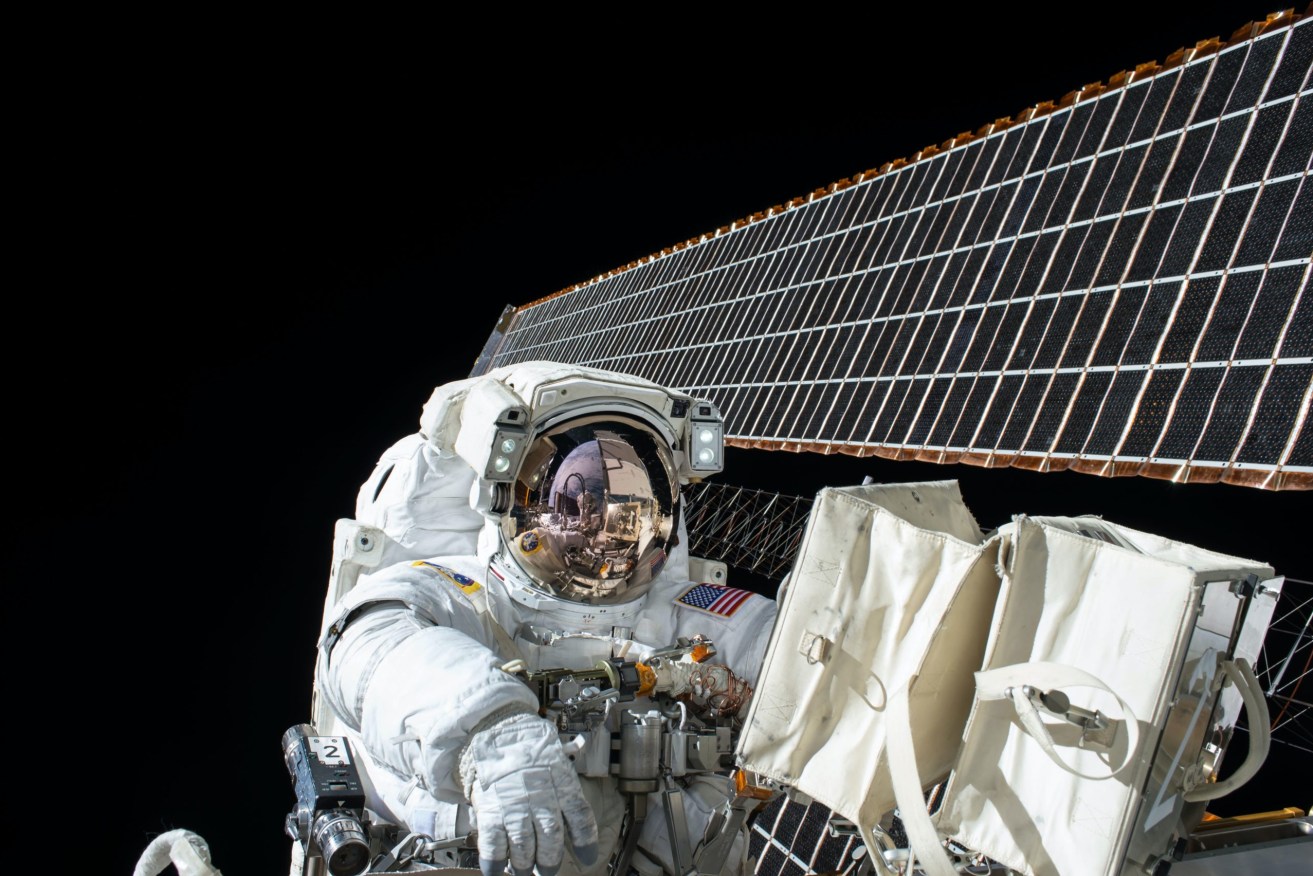Battery breakthrough adds up to millions in revenue for PPK
Deakin University has made a major breakthrough in a key component used in rechargeable batteries that could net it and Brisbane-based PPK millions of dollars in revenue.


NASA has also shown interest in using BNNT
PPK and Deakin have a joint venture to develop and commercialise boron nitrate nanotubes, a space-age and lightweight material used as an insulator in rechargeable batteries. It also has applications in body armour, radiation protection, heat shields, fireproof clothing and even dental prosthetics.
PPK, which commercialises the technology, said Deakin had been able to produce one kilo of BNNT over a five-day period while maintaining high purity.
“This means annual BNNT production capacity per module could be in the order of 50kg which is more than three times the original BNNT production forecast,” the company said.
BNNT has recently sold for about $US900 a gram meaning the improved production capacity could deliver revenue of $US45 million. Deakin is in the early stages of building a second production module.
The cost of producing the BNNT at the new capacity was about $850,000, up from $700,000 at the lower level of production.
The two organisations have a joint venture battery company Li-S Energy which recently raised $20 million in a pre-IPO which gave it a nominal market capitalisation of about $300 million.
PPK executive chair Robin Levison said the breakthrough provided “great comfort that if and when the Li-S battery technology goes mainstream we can manufacture sufficient high-quality BNNT to satisfy demand”.
“Secondly we now know that at the increased cost of $850,000 for each BNNT manufacturing module, that we are able to produce in Australia 50kgs per annum per module of the lowest cost at greater than 95 per cent purity BNNT that can be safely shipped anywhere in the world.”
A strand of BNNT is 10,000 times thinner than a human hair but 1000 times stronger than steel and a sixth of its weight. It is a product that is difficult to make but in demand for technology. NASA has also shown an interest in using it as a heat shield and protection against radiation.
Levison has previously said the lithium-sulphur batteries using the BNNT would be far superior to existing lithium-ion batteries which dominate the market.
Levison said two years ago when PPK formally joined with Deakin, production was about 3 grams a day.
“The progress in developing Deakin’s patented technology to now produce 50kg from a single module with a total capital cost of $850,000 is nothing short of amazing,” Levison said.
The announcement has boosted PPK shares which were trading as high as $8.30 but dropped back in early afternoon trade to around $8, which was up 9 per cent so far for the day. A year ago, PPK was trading below $3.












